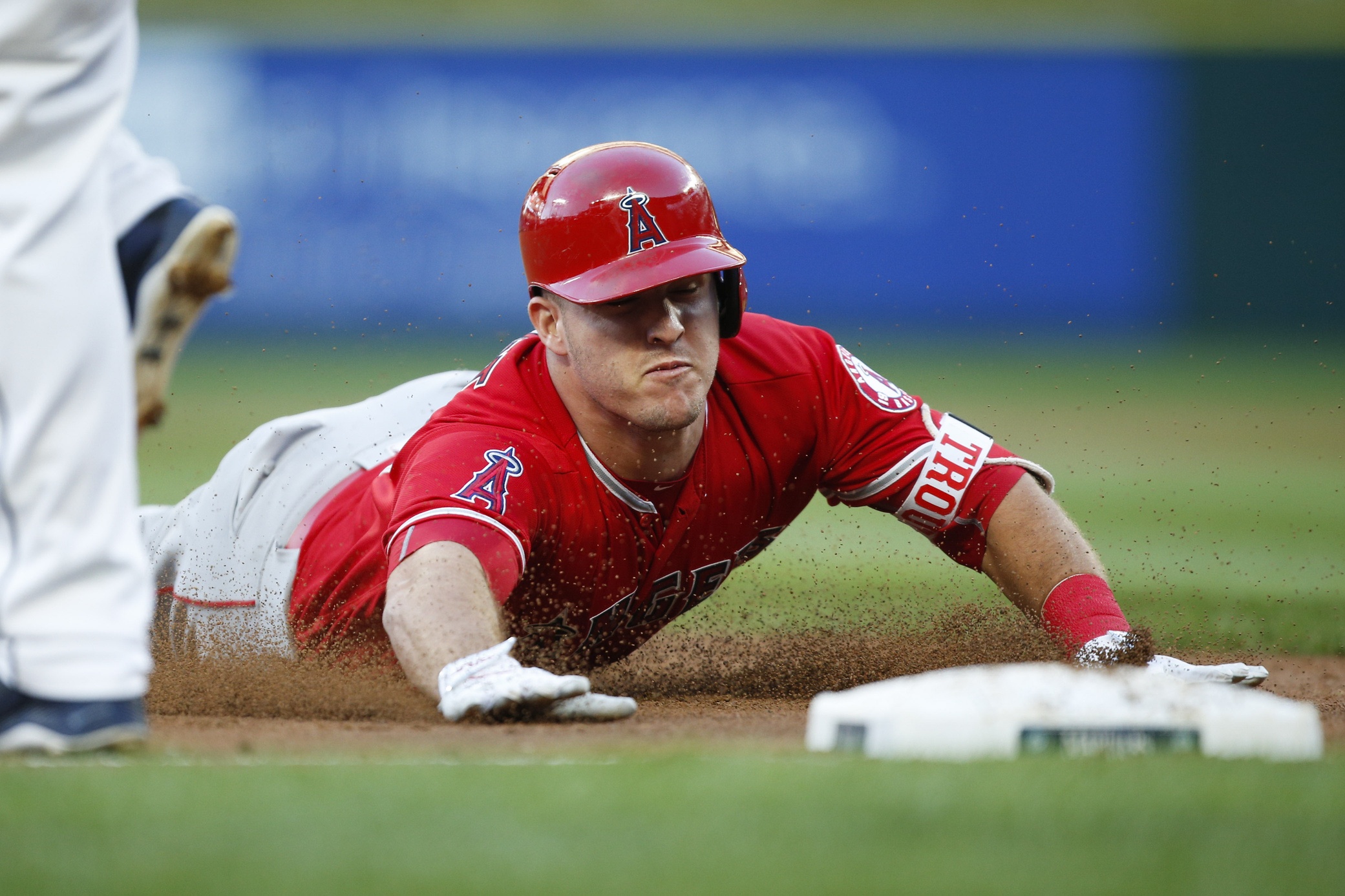FanRag Sports baseball reporter and unofficial Arby’s pitch man Jon Heyman reported this weekend that Major League Baseball has put elimination of free agent compensation on the table as part of the ongoing collective bargaining agreement negotiations, potentially in exchange for an international draft. This is good news from a labor perspective — truly free agency can’t exist as long as the market imposes artificial costs like draft picks on the league’s top players — but I would argue Brewers fans should be thankful this rule could become a thing of the past.
Draft pick compensation was ostensibly designed to help small market teams retain their stars, or at the very least, to protect these teams from losing those stars for nothing. That idea is all well and good, but its effects haven’t proven to be actually helpful for small market franchises. Instead, large market teams have been more than happy to give up their draft picks in exchange for free agents — at reduced prices, even, thanks to how draft pick compensation pushes many teams out of the market. And because the value of a draft pick declines significantly after the first round, once a large market team signs one compensation-tagged free agent, the flood gates can open.
Brewers fans shouldn’t need much convincing here. When the Angels drafted Mike Trout with the 25th pick of the 2009 draft, it was with one of those compensatory picks, received as compensation for the Yankees signing away Mark Teixeira. For much of the offseason, it was assumed that the Brewers would be the ones getting that pick as compensation for CC Sabathia’s departure — the assumption of a first-round pick coming back to Milwaukee was a significant part of the calculus for the Brewers in acquiring Sabathia.
But no, thanks to the black-box Elias Sports Bureau formula that determined free agent compensation, Teixeira’s exit was worth more than Sabathia’s. With the Yankees having but one first-rounder to give, the Brewers were left with seconds. The Angels got Trout at 1.25. The Brewers’ compensation pick, 2.73, was an outfielder named Max Walla. He never made it past rookie ball and struck out 59 times in 38 games in his final season there.
The Brewers had the 26th pick in that draft and were supposedly considering drafting Trout had he fallen one more pick past the Angels. “Whether he would have been the pick, I can’t say for sure, but there’s a good possibility,” said former GM Doug Melvin according to a 2011 Milwaukee Journal-Sentinel article. “I know Trout was on the board for us.”
“We had him rated high as an impact player with tools,” Bruce Seid, the club’s scouting director at the time, told the Journal-Sentinel. “Our policy is not to talk about where we had players rated on our board, but he certainly was ranked high.”
Eventually, large market teams found ways to game the system. Teams like the Yankees signed multiple free agents despite the penalties because they had the cash to do so and wanted to win now. Teams like the Brewers or Rays could try and hoard draft picks through acquiring compensatory free agents-to-be, but eventually, large market teams picked up on this tactic as well. In the end, the major effect of the compensatory pick policy has been to suppress the free agent market, and I’d argue the advantages gained by large market teams being able to sign more free agents at a lower annual rate far outpaces the rewards small market teams reaped from draft picks.
I do not support an international draft at all. I believe it would be unconscionable to remove the rights of negotiation from international amateurs, who are often subjected to horrible treatment once at their team’s academies. An international draft will do nothing but suppress their bonuses, which will make up the majority of their earnings unless they make the majors. The MLB Players Association should stand up for their future members and reject an international draft. But make no mistake, the elimination of free agent compensation is a significant concession the owners are offering — at the very least, it’s a sign of how much money the owners stand to save should they manage to implement their draft. If free agent compensation does in fact wind up written out of the next collective bargaining agreements, I say good riddance, and I think Brewers fans should too.
